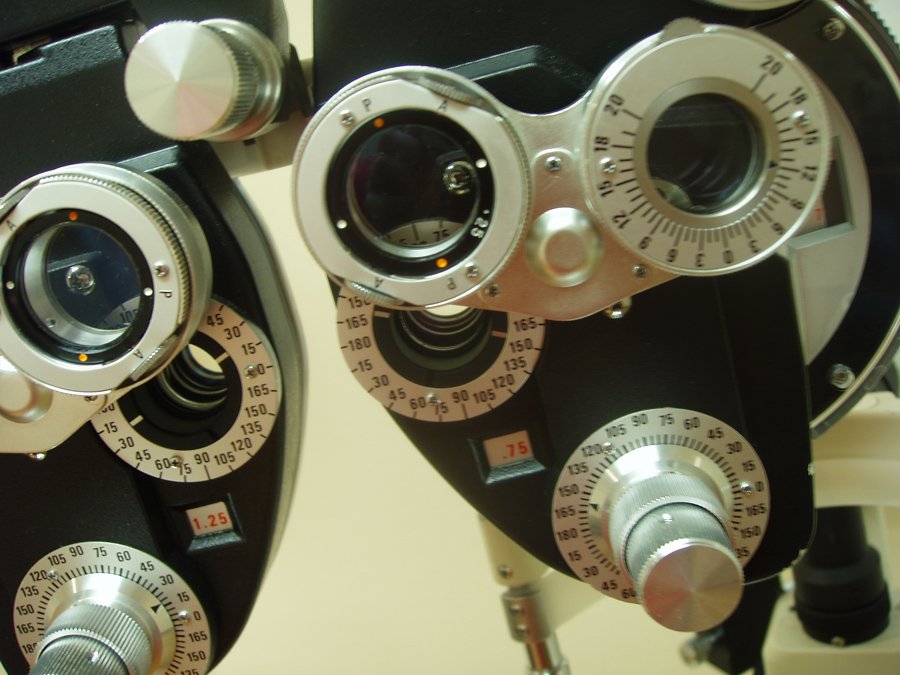You have obviously noticed that there is a big increase in prices in all areas. Let's not go into the reasons, there are many (both domestic and foreign), but let's concentrate on how we can ease the squeeze. Here is a list of rational things we can do to reduce our monthly expenditure:
-Try switching to electricity from gas or whatever. This may not be the ultimate solution, but for now it seems the cheapest.
-Use an induction cooker
-Insulate your home; many people have been reluctant to replace their windows with more modern ones or at least do-it-yourself caulking, but the cost of this will now be recovered in years through the accumulated savings in fees. As an extra suggestion, a so-called "heat mirror" can be applied very cheaply and without any special expertise and which can recover up to 80% of the heat that escapes to the outside of the wall.
-Run the air conditioner less often
-Buy more energy-efficient appliances, especially those that run all the time (e.g. fridge, freezer) This would have been too expensive, but now even for these, a newly bought, more energy-efficient appliance will pay for itself in a few years with the added savings on electricity bills.
-If you drive and have the chance, travel with more than one person
-If you don't hate it, use public transport instead
-Don't drive to the shops for one or two things
-Walk, cycle, scooter (not on the pavement and not like a madman)
-Watch the sales in shops, you can save lots of money a month
-If you have been regularly consuming something non-essential, you may want to give it up (I did this with Lidl cold coffee, for example, as it doubled in price in a few months)
-Bake bread at home (if you want to eat bread anyway)
-Shower instead of using a bathtub
-Don't chill watermelon or anything with tap water constantly flowing over it
-When it's not important, make sure that light sources are not lit; and it's time to replace filament and fluorescent bulbs with LEDs of good light quality and reliable manufacture ("CRI" and "Ra" parameters should be at least > 90 or 90+, and > 95 or 95+ for reading lamps and work lamps, respectively, and
4000-4200 K for work and 2700 K for bedtime lighting).







 Hungarian
Hungarian
 English
English
 German
German
 Italian
Italian
 Spanish
Spanish
 French
French
 Chinese
Chinese
 Polish
Polish
 Romanian
Romanian